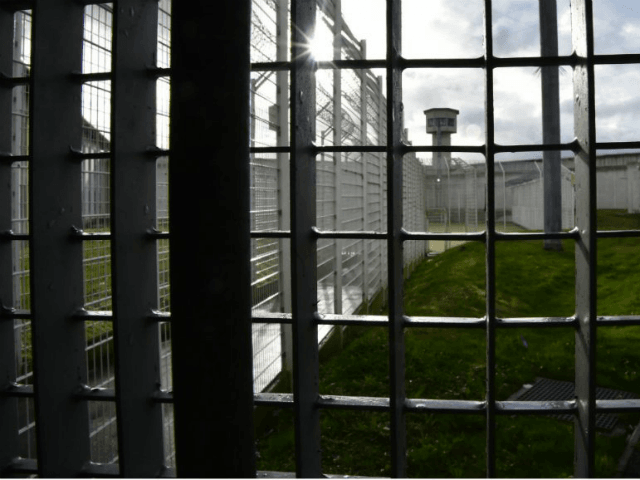A court in Belgium has forced the Belgian state to compensate radical Islamic prisoners because of a policy of isolating them from the rest of the prison population aimed at stopping the spread of radicalisation.
The court has ordered the state to pay the Islamic radicals in the prisons of Ittre and Hasselt one euro per day to compensate them for being isolated from other prisoners arguing that the facilities, which were initially designed for short term isolation, did not correspond to the regular conditions of other parts of the prison, RTBF reports.
The sections, known as “D-Radex” in Belgium, have been termed as prisons within prisons and were initially designed to accommodate radical Muslims who were recruiting and radicalising others.
The judge in the case argued that the conditions of the D-Radex areas, which include limitations on phone use, as well as limited times for exercise and other restrictions, constituted a “special individual security scheme,” which has certain procedures and rights for the prisoners.
The court claimed the D-Radex programme, “had the effect of de facto excluding applicants from benefiting from the legal guarantees,” associated with the special individual security scheme.
Belgium is just one of many European countries dealing with the threat of Islamic radicalisation in prisons. In December, a Belgian national security report claimed the country was facing a “wave of jihadism” due to the spread of radical Islamic ideology in prisons.
“Taking into account the persistent recidivist tendency among former terrorism detainees, never mind radicalised common criminals, Belgium will continue to face a latent terror threat for some time to come,” the report said.
Belgium is also not the only country that has proposed isolating Islamic radicals. In 2017, the UK’s HMP Frankland near Durham also created a “prison within a prison” to counter the influence of radicals.
In France, radicalisation is also a major issue in the country’s prisons. By the end of the year, hundreds of radicalised inmates are expected to be released from prisons according to France’s Minister of Justice Nicole Belloubet.

COMMENTS
Please let us know if you're having issues with commenting.